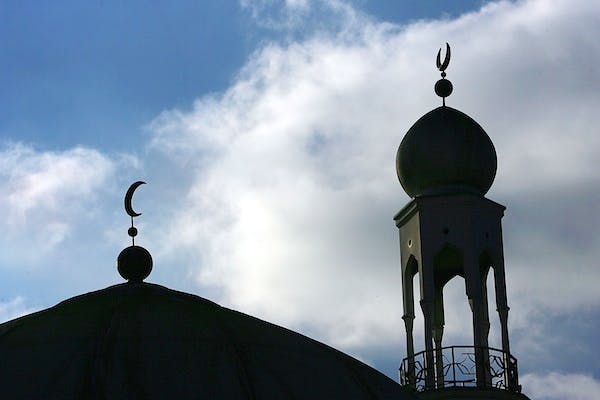I quite enjoyed James Fergusson’s exploration of British Islam – Al-Britannia, My Country. If it is done intelligently, I approve of someone accentuating the positive, reminding us that the majority of British Muslims have successfully integrated to a large extent, and that optimism is warranted.
But I have a couple of quibbles. He spends much time arguing that it is dangerously wrong to conflate conservative Islam with extremism – the alleged sin of the Prevent programme. We should tolerate those who disparage gay rights or feminism, rather than accuse them of extremism, which will drive them underground.
Fair point, but I feel his argument misses a central issue. If ‘conservative Islam’ disparages pluralism, and the secular nature of our politics, and idealises theocracy, then it surely overlaps with extremism. You could say that an extremist is a conservative who wants to put his ideas into practice.
At one point he discusses an imam called Suliman Gani. ‘Like all imams, he believes in and prays for the global establishment of an “Islamic state”. But this is an almost abstract ambition for some unspecified time in the future; it is part and parcel of being a Muslim…’
The question is: is such a belief compatible with affirming liberal values? It is unhelpful for liberals like Fergusson to shout ‘Of course! How dare you doubt it?’ The question must be carefully explored, which means admitting Islam’s traditional gravitation to theocracy. And Fergusson doesn’t really go there.
My other quibble is hard to express. Fergusson, a vague cultural Christian or post-Christian, finds Islam ‘spiritually enriching’, dynamic, authentic – whereas church worship often feels dead. In mosques, ‘it was impossible not to notice the youthful energy on display, the vibrant sense of belonging to something bigger than the sum of their selves.’ And the call to prayer ‘still puts the hairs up on the back of my neck in a way I have seldom experienced in church.’
Hmm. Islam has an exotic community vibe that underlines the weakness of our own traditional religion; it feels more mysterious, more holy. This conclusion is very suitable to the agnostic mind. Religion is most compelling in the form which one’s liberalism precludes one from, confirming the virtue of one’s agnosticism. A more serious inquirer would ask whether religion can be both ideologically defensible and emotionally and aesthetically vital.







Comments